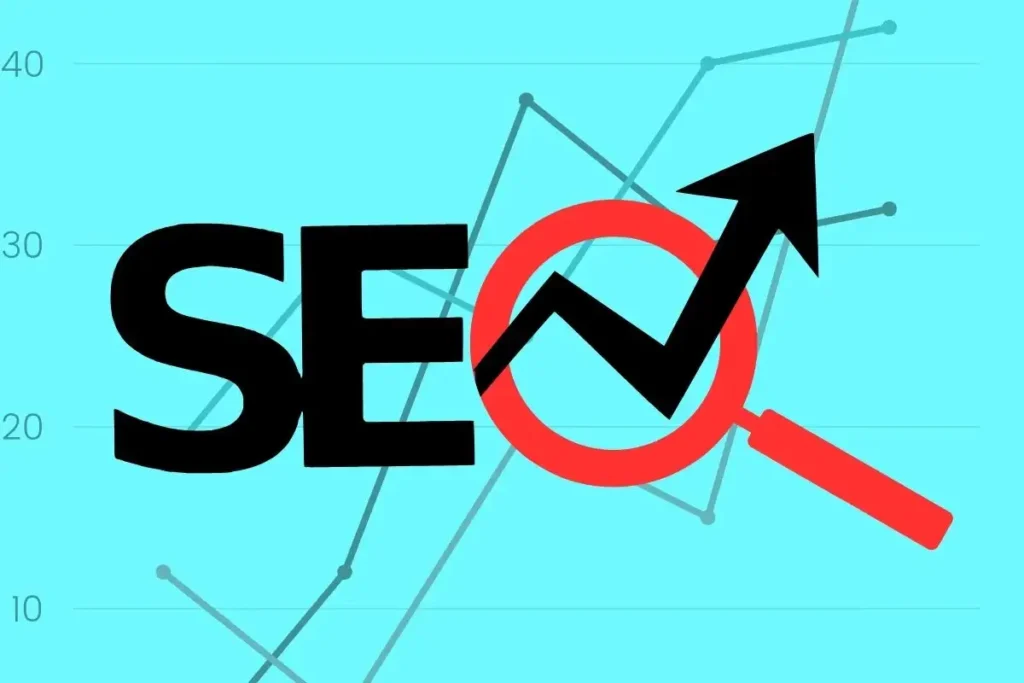
Unlocking Success: What is SEO in Digital Marketing?
Introduction
In the expansive realm of digital marketing, one term stands out as a beacon of online success—Search Engine Optimization, or SEO. Often overshadowed by the allure of quick wins and revenue-driving tactics, SEO plays a pivotal role in enhancing a website’s visibility on search engine results pages (SERPs). So, what is SEO in digital marketing, and why is it indispensable for businesses?
Digital Marketing Overview
Digital marketing, the powerhouse behind online business promotion, leverages various channels and technologies to propel products, services, and brands into the virtual spotlight. From Search Engine Optimization (SEO) and Pay-Per-Click Advertising (PPC) to Social Media Marketing (SMM), Content Marketing, Email Marketing, and Influencer Marketing, the digital realm offers a myriad of avenues to connect with a global audience, target specific markets, and analyze consumer behavior.
Understanding SEO
SEO, in its essence, is the art of optimizing a website’s presence on search engines. It goes beyond mere technicalities; SEO is about understanding what people search for online and delivering answers in a way that both users and search engines comprehend. It’s the sweet spot where user intent meets search engine algorithms.
Objectives of SEO
- Boost Authority and Credibility Online: As your website climbs the search engine ranks, it becomes a trusted source, fostering brand reputation and encouraging user engagement.
- Improve Organic Search Rankings: Through meticulous optimization of content, structure, and technical aspects, SEO elevates a website’s position on SERPs, translating into more leads and sales.
- Gain Organic Website Traffic: SEO serves as a customer acquisition tool, driving traffic by enhancing visibility on search engines and converting visitors into customers, subscribers, or followers.
- Enhance User Experience: By optimizing a website’s structure and content, SEO improves user experience, reducing bounce rates, increasing engagement, and ultimately boosting conversions.
- Surpass Your Competition: SEO provides a competitive edge with topical content, superior website experience, higher SERP rankings, increased brand awareness, and targeted traffic.
- Maximize ROI: A cost-effective strategy, SEO generates a high return on investment by
- contributing to long-term revenue growth through increased organic traffic and leads.
- Support Other Digital Marketing Strategies:
- SEO and other digital marketing components are intertwined, supporting each other to create a holistic and effective online presence.
Types of SEO in Digital Marketing
- On-Page SEO:
- Optimization of individual web pages, focusing on content and HTML source code to make the page easily understandable for users and search engines.
- Off-Page SEO:
- Techniques done outside the website, such as link building and social media marketing to boost the website’s authority and credibility.
- Technical SEO:
- Optimization of technical aspects, ensuring effective crawling by search engine spiders, a fast and secure website, and adherence to best practices.
- Local SEO:
- Tailoring a business’s web presence for better visibility in local organic search results, catering to users looking for local information.
Conclusion
In the grand scheme of digital marketing, SEO emerges not just as a tactic but as a cornerstone for online success. From boosting credibility and organic search rankings to enhancing user experience and supporting a comprehensive digital marketing strategy, SEO is the force that propels businesses toward sustainable growth. As you navigate the digital landscape, remember, that SEO isn’t just about search engines; it’s about connecting with your audience in a way that resonates and stands out amidst the online noise. Embrace the power of SEO, and let your digital presence flourish.
